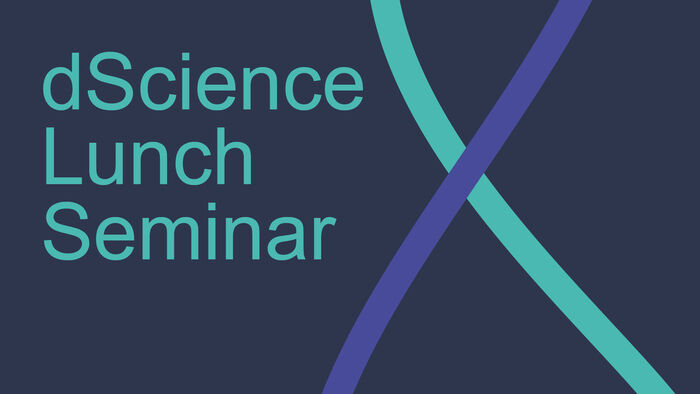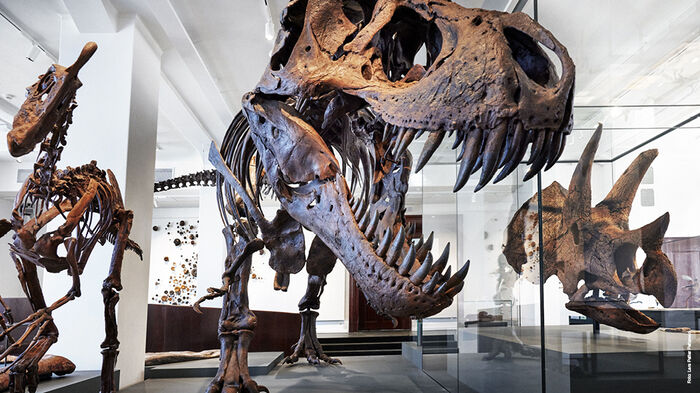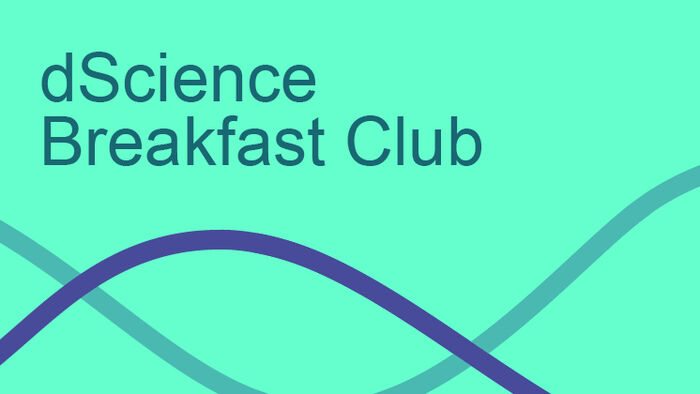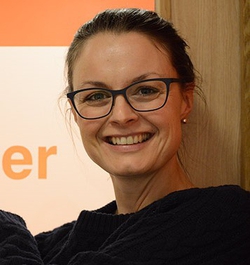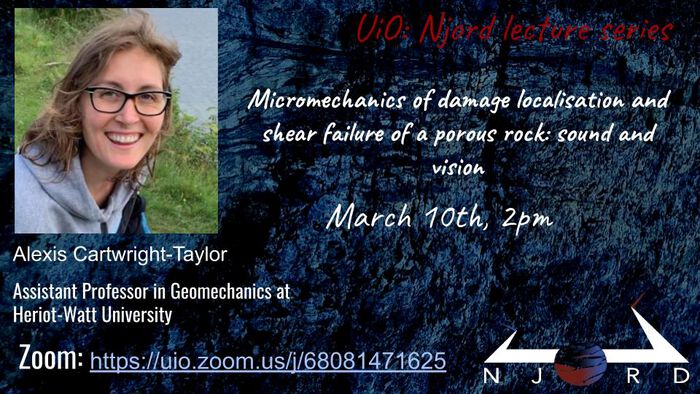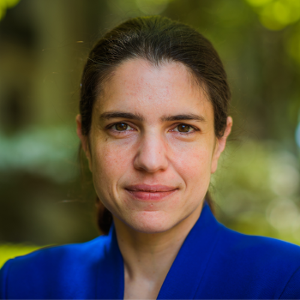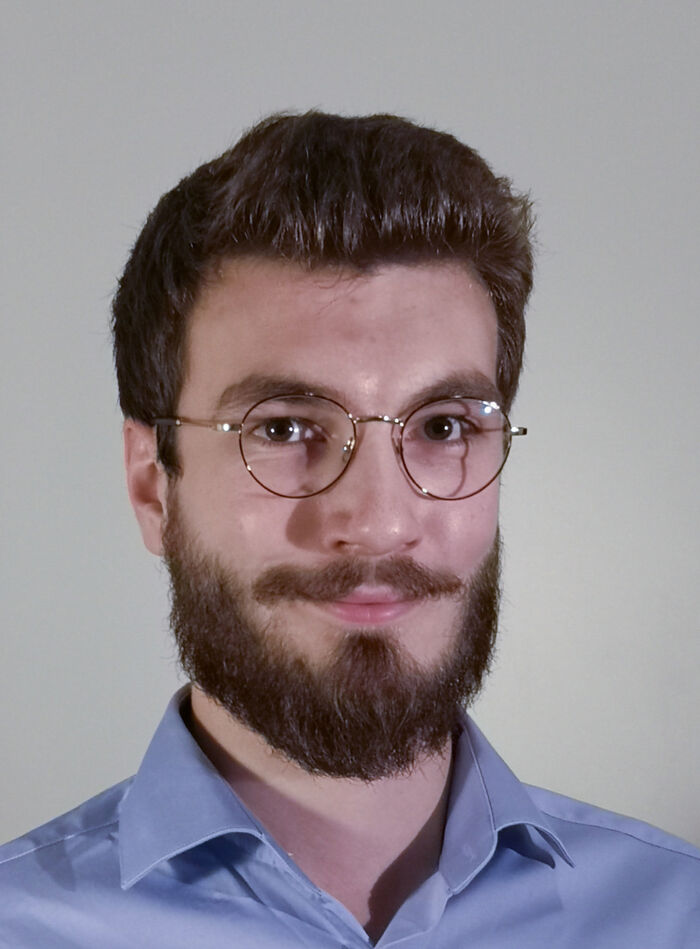Previous events - Page 48
Carlos José Díaz Baso, Postdoctoral Fellow at Rosseland Centre for Solar Physics, University of Oslo.
Is it difficult to set aside time to write? The Academic Writing Centre organsises structured writing sessions for doctoral students.
This week we discuss a paper by Mas et al. (2020)
Welcome to our weekly lunch seminar held in the dScience lounge area! This event is open to PhD candidates and postdocs.
Frederik Depta, MPI Heidelberg
Weekly Theory Seminar.
Velkommen til ny GeoOnsdag. Denne gangen får vi foredrag fra forfatter og Professor Jørn Harald Hurum om de nye geologiske utstillingene på Naturhistorisk museum.
QOMBINE seminar by Eric Bedos (UiO)
Velkommen til årets søteste og mest nerdete bakekonkurranse. Her kan du beskue eller delta på kakebaluba. Vi byr på en glamorøs jurye, et forrykende komiker-trylleshow og beste premiedryss.
Welcome to the dScience Breakfast Club, where we invite you to discuss and talk about dScience's new partner program.
Maria Vetleseter Bøe: We need students to engage in the learning activities that work. However, many students resist active learning activities and believe they learn more from traditional lectures.
We have studied how students’ motivation interacts with different learning activities, using focus group data from Norwegian physics students.
The findings suggest that students develop forms of motivation that promote learning in active learning situations when they feel competent, either through mastery, perceived learning, or comparison with peers, and that relatedness to a community of learners often helps enable development of such motivation.
Sakarias Frette: The standard model is the most accurate theory to date, with incredible precision measurements done at multiple detectors. It has however some shortcommings, not being able to explain phenomena such as the hierarchy problem, gravity, dark matter, etc.. Additional theories have been put forward to try to cover these issues, but for now, it has yielded no luck.
The strategy until recently has been to take such a model, and do a targeted search, resulting in large exclusion plots and no new physics. This is effective and fast for a single model, but very biased, and takes a lot of time if you want to try on 100 og 1000 models.
My thesis will instead try to apply a semi unsupervised technique to separate out anomalous data such that we can reduce the uninteresting SM background and focus on possible new physics that might be hidden in the data. The data analysis model used is an autoencoder.
This coming Friday (March 10th) Simen Kvaal will give a presentation of the DFT research at the Hylleraas Centre.
Alexis Cartwright-Taylor is an Assistant Professor in Geomechanics at Heriot-Watt University
Welcome to our GEOHYD Lunch Seminar Friday 10th of March @ 12:15 in Aud. 2, Geology building or via videolink using Zoom. The seminar is helt by Frans-Jan Parmentier, MetOs/GEO.
After a brief introduction to the main physical characteristics of tsunami events, the recently developed Iterative Filtering technique is presented and applied to the decomposition of tsunami signals from pressure and tide gauges. It is shown how these signals are successfully decomposed into components of different physical origins. Then, the time-frequency representation of these time series is obtained by using the IMFogram algorithm, which computes instantaneous amplitudes and frequencies for the previously obtained components. Finally, possible applications to tsunami science are discussed, such as possible applications to real time detection in early warning context.
Hylleraas seminar, hosted in Oslo
Nils-Ole Stutzer, PhD Fellow at Institute of Theoretical Astrophysics, University of Oslo.
Knowledge gaps, competing theories, and shifting information make science communication a challenge. Who controls the flow of information – and misinformation? This event will explore the complex process of communicating science in times of uncertainty, including how to navigate the nuances of scientific uncertainty and methodological limitations, communicate effectively, and build trust with the public. Our speakers and panelists will present both historical and contemporary examples, and share their views of the role of science communication now and in the future.
Welcome to our weekly lunch seminar held in the dScience lounge area! This event is open to PhD candidates and postdocs.
We have the pleasure of hosting Professor Jelena Popovic-Neuber from the Department of Energy and Petroleum Engineering, University of Stavanger on Thursday, 9 March.
Effects of combined predation risk and copper exposure on reproduction in a coastal copepod
Estimates of environmental extremes are needed for a multitude of applications. For example, buildings, roads, bridges and dams must be designed to withstand extreme precipitation and flooding events of a certain size. Obtaining such estimates requires a combination of statistical theory and environmental process understanding to overcome data deficiencies: data on extremes are by definition sparse and regulations often require estimates for events that have yet to be observed. We will present approaches to obtain consistent estimates across spatial locations and accumulation periods, and discuss a few open questions on this topic.



